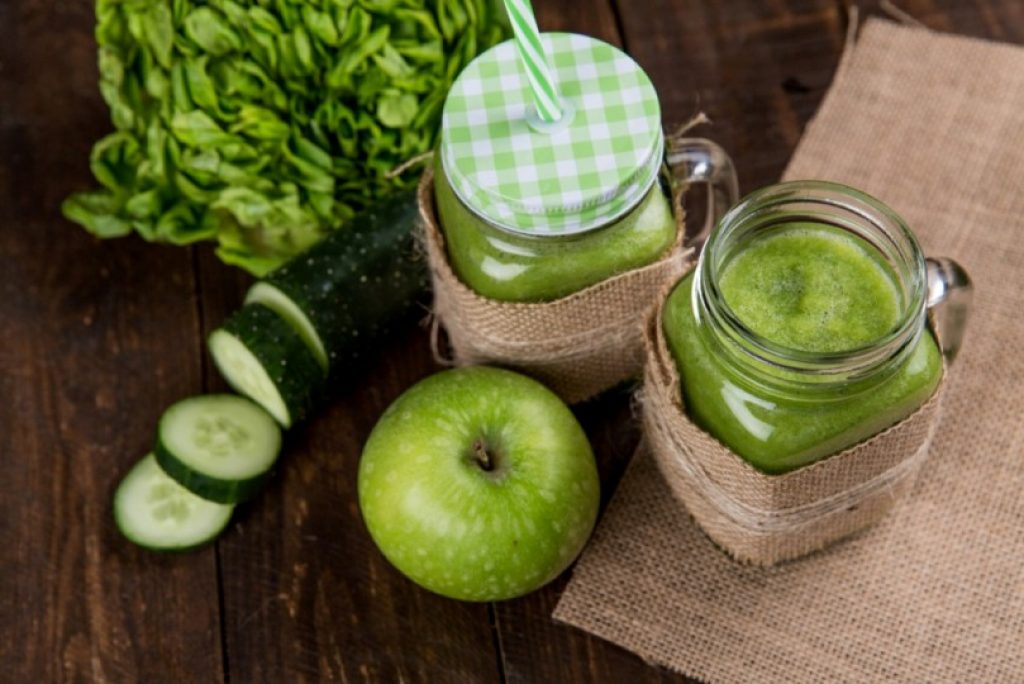Juicers Explained: Buying Guide

Juicing is one of the skills that people aim to learn when they start living a healthier life. With regard to this, people will have to buy new equipment for their kitchen needs. And one of the new kitchen device that health buffs normally buy are juicers.
However, when it comes to purchasing juicers, customers should consider the type or brand that they will be buying. Thus, people are advised to learn some things about juicers first before they decide to buy one.
JUICERS MECHANISM
Juicers basically function in extracting juice from fruits and vegetables. The machine will either crush or shred the food material against a mesh filter to separate the pulp from the juices.
EFFECT OF JUICING ON HEALTH
Juicing is a great alternative for people who are not fond of eating fruits and vegetables. Instead of forcing themselves to take a bit of solid food products, people can settle for drinking the extracted liquids.
Drinking juices also benefits the digestive systems as it will not be burdened with too much fiber that is associated with excessive consumption of fruits and vegetables. In addition, fibers may also contribute to the fructose content of the body and thus can increase the risk for developing diabetes.
IMPORTANT POINTERS WHEN BUYING JUICERS

- EASE OF CLEANING
People should look for a juicing machine that they can easily clean. Juicers that are easy to clean are those that come with large feed chutes. Moreover, large feed chutes will lessen the time for chopping as users need not chop their food into very small pieces.
In addition, juicer with fast spinning blades also works faster. However, the juice that will be produced is of low quality.
On the other hand, slow juicers work at a slower pace but produce high quality and less oxidized juice. In addition, juices produced by slow juicers have longer shelf life.
Juicers with twin gear extractors are harder to clean given the high number of included parts, whereas auger machine requires less time for cleaning.
Meanwhile, some juicers can be cleaned with dishwashers but poses risks in breaking some plastic parts.
When cleaning their juicers, people should pay attention to the strainer.
- PRICE
Price is an important factor that people should consider before buying a specific brand of juicers. However, people should be careful in buying cheap juicers because it possible that these equipment are easily to prone breakage. When people buy low-quality and cheap juicers, they may end up spending more money for fixing the machines in case that they break down.
- NOISE
Some juicers tend to be noisy when running. Thus, people should check out how much noise their preferred machines produce before buying one. Slow and twin gear juicers run quietly. However, in case of centrifugal juice extractors, people should check out Jack Lalanne and the OmegaBMJ 330.
- WARRANTY
Customers should buy juicers that come with long warranty to ensure that they won’t have to spend too much money in case that the machines break down.
Different Types of Juicers
- CENTRIFUGAL
The mechanism of centrifugal is similar to that of washing machines. Fruits or vegetables are placed on the chute. Afterward, the shredder plate shreds the food and directs the pulp to the basket. Some people may vote against buying centrifugal juicers because they cannot be used for producing large volumes of juice. Centrifugal juicers may clog when used continuously for a long time.
- MASTICATING/SLOW JUICER
Slow juicers function by crushing fruits and vegetables against a stainless-steel mesh screen. The produced juice goes directly to a container, whereas the pulp ends up in a separate catcher.
Meanwhile, in horizontal juicers, the fruit or vegetable is placed at the top of the machine, and the juice flows down in the middle part of the auger. On the other hand, the pulp goes out at one end of the same machine part.
- TWIN GEAR OR TRIURATING JUICER
Twin gear juicers include two interlocking gears which shred fruits and vegetables and squeeze out the juice. Some people dislike using this type of juicer because pushing down the food products down the chute may pose some difficulty. However, twin gear juicers work perfectly for green leafy vegetables and a variety of fruits, except for the softer ones, including pineapple and orange.
Meanwhile, people are discouraged from using twin gear juicers on wheat grass.
Twin gear juicers can also be used in making baby food, sorbets, and peanut butter.
- CHAMPION JUICERS
Champion juicers may be confused with masticating juicers. These machines use stainless steel blades to shred fruits and vegetables. They also work well with hard and fibrous foods, such as carrot, beet, and celery. However, people should not use champion juicers to process leafy greens.
- CITRUS JUICERS
Citrus juicers are specifically used for process citrus fruits, including lemon, orange, grapefruit. The reamer type is the cheapest citrus juicers but can be messy when used. The electric citrus juicer is equipped with a motor but also tends to be messy when functioning. Meanwhile, the press manual citrus juicer is used for small fruits like lemon or lime.
- WHEATGRASS JUICER
Wheatgrass juicers are specifically used for wheatgrass. The manual type is equipped with a hand cranked lever and requires application of manual strength. This machine takes longer time to produce wheatgrass juice. Meanwhile, the electric type run with electricity and does not require manual cranking.
- PRESS JUICER
Press juicer produces the largest amount of juice. Using this type of juicer normally involves placing the fruit or vegetable in a linen bag before placing it in the press juicer. Meanwhile, hydraulic press juicers are the more expensive types with price reaching as high as $2000. These juicers produce high quality juicers but can be very hard to clean.
